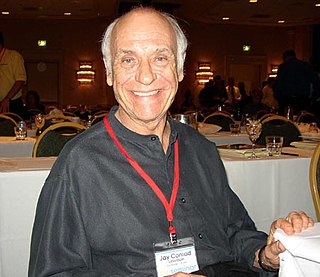A Quote by Donald A. Norman
In the consumer economy taste is not the criterion in the marketing of expensive soft drinks, usability is not the primary criterion in the marketing of home and office appliances. We are surrounded with objects of desire, not objects of use.
Related Quotes
Over the past 60 years, marketing has moved from being product-centric (Marketing 1.0) to being consumer-centric (Marketing 2.0). Today we see marketing as transforming once again in response to the new dynamics in the environment. We see companies expanding their focus from products to consumers to humankind issues. Marketing 3.0 is the stage when companies shift from consumer-centricity to human-centricity and where profitability is balanced with corporate responsibility.
I found marketing to be highly descriptive and prescriptive, without much of a foundation in deep research. I brought in economics, organization theory, mathematics, and social psychology in my first edition of Marketing Management in 1967. Today Marketing Management is in its 15th edition and remains the world's leading textbook on marketing in MBA programs. Subsequently, I wrote two more textbooks, Principles of Marketing and Marketing: an Introduction.
...if use is not an appropriate criterion for decision making in the academic life, what is? Love. ...The virtues of love as a criterion for choosing a college major...it is not pretentious. "Use" is pretentious because it claims to know something about the future that it doesn't really know. Love is immediate... [love] guarantees that you will work to your highest potential...it is part of who you are, and not just something you think, often wrongly, that you can use.
So let it be a criterion if you follow the path of awareness, let love be the criterion. When your awareness suddenly blooms into love, know perfectly well that awareness has happened, SAMADHI has been achieved. If you follow the path of love, then let awareness function as a criterion, as a touchstone. When suddenly, from nowhere, at the very center of your love. a flame of awareness starts arising, know perfectly well... rejoice! You have come home.

































